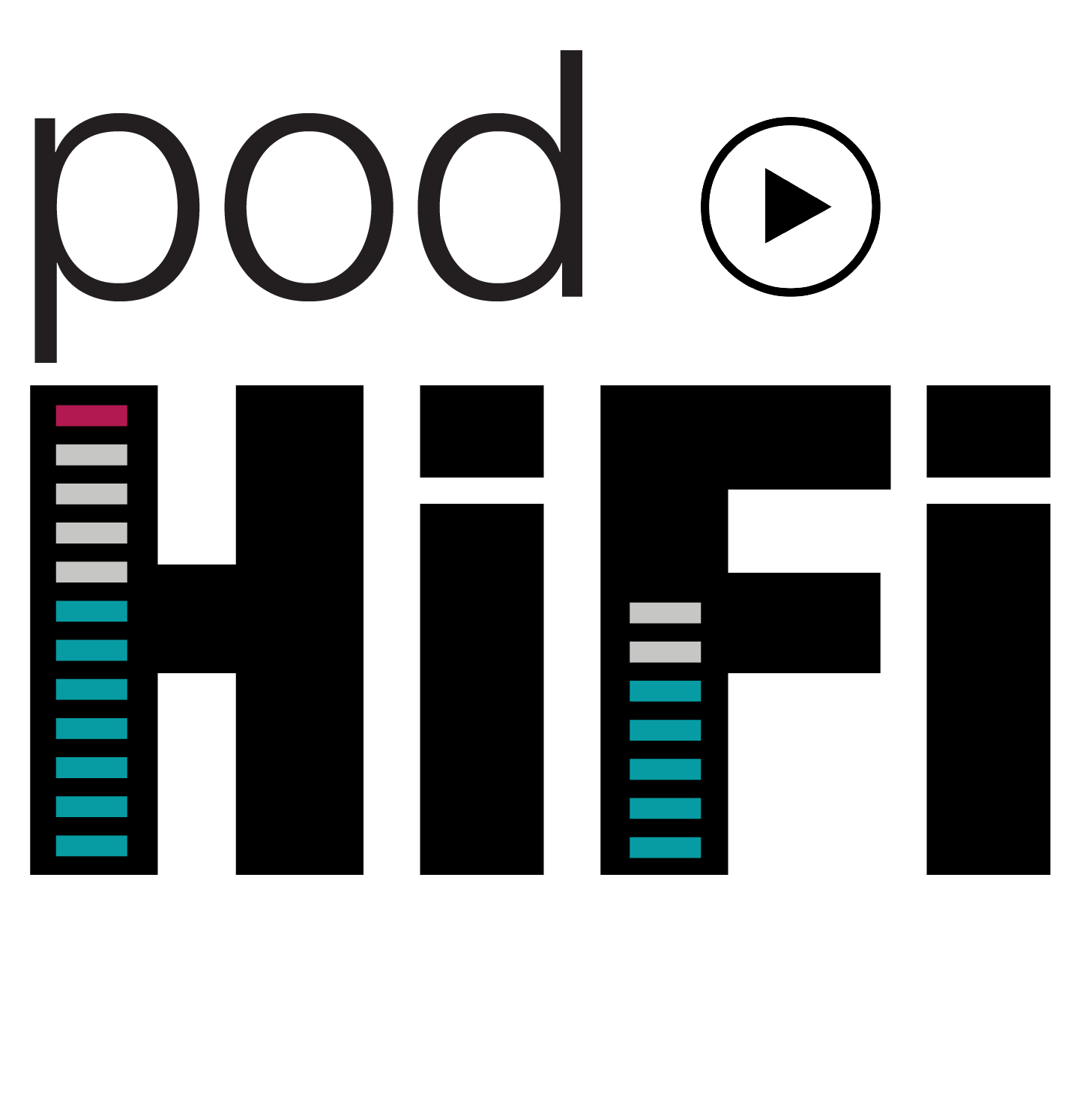
24 Feb From the radio world to a whole new world
Between November of 2019 and March of 2020, I was able to cross the bridge from the world of terrestrial radio to the world of podcasting. The decision to go from one to the other was deliberate, and I have many people to thank for helping me along the way. I’d like to point out that I don’t believe my transition from radio to podcasting will ever be completed – there is always so much more to learn, so many creative people to meet, more communities to join and become a part of, and more great content to produce.
November, 2019. I was summoned to the office of the General Manager and I already knew why. I had been working for quite a while as Commercial Production Director for a group of radio stations in Boston where my primary function was to record, edit, voice, sound design, score, sometimes write, and fully produce radio commercials and other station elements for broadcast. When I began in radio, I learned to splice tape: magnetic particles attached to an acetate backing – using a splicing block, razor blade, and splicing tape. Over the course of my career in radio, I participated in the transition from analog recording to digital recording. I was there through duopolies, ownership changes, format changes, and ongoing FCC rules changes. And in 2019 I was the Local Admin helping the company implement software that networked all of the stations in our building, then eventually all of the stations the company owned all over the country. And that’s how I knew why I was being summoned to the General Manager’s office that November day. The decision had been made to no longer have Production Departments in each market. Instead, all of the production departments from all over the country were to be located in five geographic locations, and mine was not one of them. I was officially on the beach: a radio industry term for unemployed.
I had been enjoying podcasts for several years, but never considered trying to move into the podcasting world. Ultimately, it was a shrinking radio industry and a booming podcasting industry that caused me to realize that podcasting was where I needed to go next. Even though podcasting got it’s start in the early 2000s (some would argue earlier), it is still growing and gaining audience (roughly 3 million active podcasts, nearly 30 million podcast episodes published in 2022, and a projected 100 million podcast listeners by 2024). And it’s still being driven by individual creators – much as the radio industry had been prior to the 1980s and early 1990s, where each city had an array of independently owned radio stations. I felt that with my energy and audio background, I was positioned well to help podcasters with recording, editing, and post-production work.
But I wasn’t there yet. The resources at my local unemployment office were excellent, and with their help, I came up with a plan to start podHiFi, a small business whose focus is helping podcasters of any size improve the audio quality of their podcast episodes using my experience, knowledge, studio space, and gear. I upgraded my software, went to the 2019 Podcast Editors Conference at Podfest in Orlando, Florida, and barely made it home as COVID hit. Through a Podfest connection, I was hired as a podcast editor and was grateful for the opportunity to edit and fully produce my first 21 podcast episodes. I completed a course in Audio Mastering Techniques through Berklee College of Music Online, and eventually joined a small podcast start-up where I went on to produce another 85 episodes, as well as premium content, contest submissions, promotional elements, and trailers, winning 5 awards with the team along the way.
I’m thrilled to be in the podcast world, and am thankful to all of those who continue to provide their support. Please get in touch if you’re a podcaster who wants to talk about improving the sound quality of your podcast.
.



Sorry, the comment form is closed at this time.